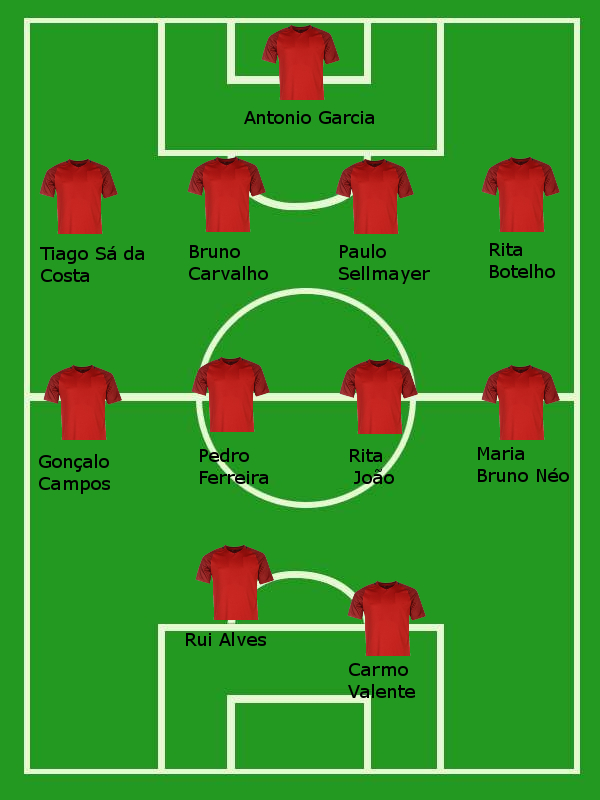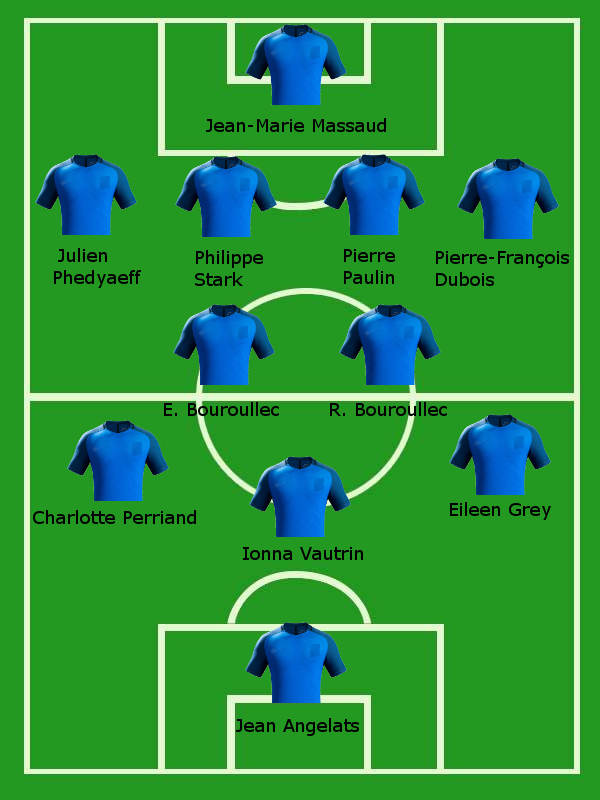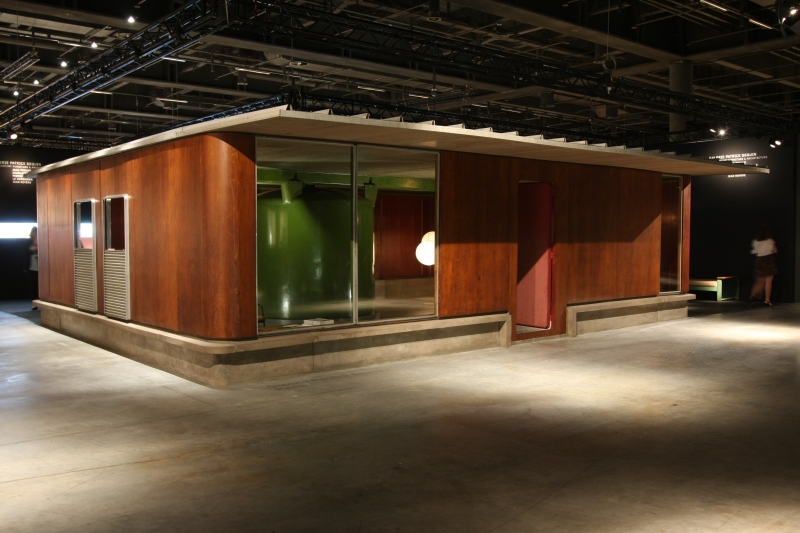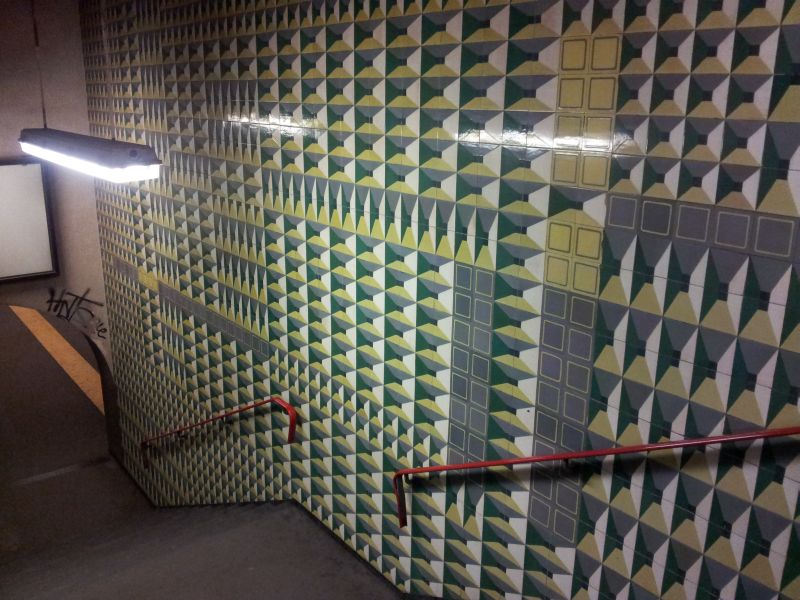After four weeks of competition at venues throughout France the 2016 Design EM prepares to bid adieu, au revoir and a heartfelt merci....and thus an opportune moment to reflect.
Whereas the first few days were more notable for off-field activities than on-field, and for all those off-field activities of design fans from Russia and England, Design 2016 slowly developed into, if not a classic tournament, then certainly an honest and realistic reflection of contemporary European design.
And also confirmed a few truths: Spain's early exist underscoring the need for a generation change and the development of fresh ideas in Iberian design, the dominance of teams from "western" Europe highlighting that despite the obvious and very welcome advances being made in nations such as Croatia, Hungary or Slovakia, more still needs to be done to make their design internationally competitive on a broader scale, while England's mediocre performance once again served notice that to be a leading international design nation possessing a few high-earning, high profile, individual talents is not enough, one also needs a system which encourages and promotes the culture of design as much as the commerce. And that filling your domestic rosters with foreign designers doesn't necessarily help foster your native talents.
While Holland's absence was unquestionably felt their experimental flair and abstract passing was more than ably compensated by the performances of nations such as Iceland or Wales who nicely demonstrated that in the contemporary design world "size" is relative and as much a question of your belief in the correctness of your approach and the competence with which you command the design basics, as it is about numbers or memories of former glories.
On Sunday evening Portugal meet France in the final in Paris, our prognosis
Although having never worked as a product designer herself, with her rediscovery, and for all her modernisation of, the azulejo Portugal's trainer Maria Keil unquestionably helped bring a new sense of national identity and self value to Portuguese design and as such played an important role in bringing Portuguese design to where it is today. Fielding one of the youngest teams at Design 2016 the Portuguese demonstrated a very mature, and very fine, feeling for the use of colour, lightness of form and material combinations.
Goal: Antonio Garcia The old master of Portuguese design Antonio Garcia is not only a benchmark for younger players but one of the safest pairs of hands in the game.
Defence: Bruno Carvalho, Paulo Sellmayer, Tiago Sá da Costa, Rita Botelho All four played together in legendary Made out Portugal team who a few years ago threatened to dominate the European game. That project may have sadly come to an abrupt end, but the individual talents and inter-group understanding from those days remain; while the experience from their time in the Dutch league infuses their design with an unpredictability that can often wrong foot opponents.
Midfield: Rita João, Pedro Ferreira, Gonçalo Campos, Maria Bruno Néo All alumni of the Fabrica Design and Communication Research Center based in Treviso, Italy this very young Portuguese midfield represents not only a new generation of Portuguese designers, but based as they are with Portuguese manufacturers a new confidence, upswing - and era? - in and for the domestic game in Portugal.
Forwards: Rui Alves, Carmo Valente One of Portugal's most prolific and hardest-working designers Rui Alves never tires of attempting to find new ways and new approaches to break down defences, while in Carmo Valente Rui has the perfect wing man who not only creates his own opportunities with his straightforward approach but who through his regular forays into art distracts defences and thus gives Rui the space he needs.

As the man who led French design from the stylistic confusion of Art Deco to the simplicity of modernism, and who then pushed modernism further and made it accept its social responsibility, French coach Jean Prouve understands the function of contemporary design perhaps better than any other. A fact which helps explain the mix of experience and youth which characterises his team selections: contemporary design needing as it does to be not only innovative, but also relevant.
Goal: Jean-Marie Massaud Although Jean-Marie Massaud's game has always been voluminous and largely about self-confidently dominating the space, since switching to the American league he has increasingly rediscovered the delicate finesse of historic French design traditions, and thus has unquestionably added to his canon. And the French team's options.
Defence: Philippe Stark, Pierre Paulin, Julien Phedyaeff, Pierre-François Dubois With Starck and Paulin, the grand doyens of contemporary French design, and Phedyaef and Dubois, two of the stars of the ambitious French club Hartô, Prouve has selected a defence which both understands the finer traditions of French design, but which isn't afraid to ignore it when a more universal solution is required.
Sweepers: Ronan Bouroullec, Erwan Bouroullec A stable partnership for over twenty years the brothers Bouroullec are famed for the differing styles, the one a fox, the other a hedgehog; and exactly this combination makes their interaction so variable and means they are always likely to surprise.
Midfield: Charlotte Perriand, Eileen Grey, Ionna Vautrin The familiar all female French midfield, Charlotte Perriand and the naturalised Irishwoman Eileen Grey play a very straight, uncomplicated, traditional game, while the younger Ionna Vautrin in the middle adds a fresh, contemporary approach that compliments and expands that of her more experienced colleagues.
Forward: Jean Angelats Apart from his height Jean brings a breath of fresh thinking to the French attack, combining as he does a classic design philosophy with some very individual, idiosyncratic formal, material and technical solutions. In his youth somewhat uncontrolled since transferring to Brussels and the contemporary Belgian league he has become much more focussed and has developed into a real force in European design.
Despite Portugal's mastership over colour and aesthetics, France's greater experience and for all formal variability should give them the edge. 2-0 France.


